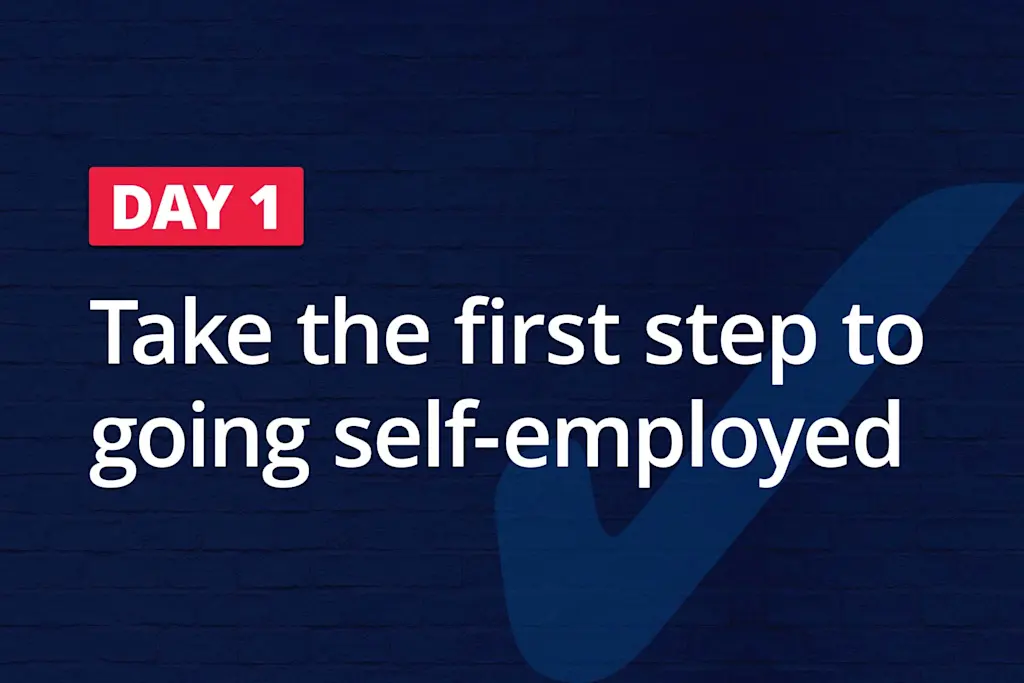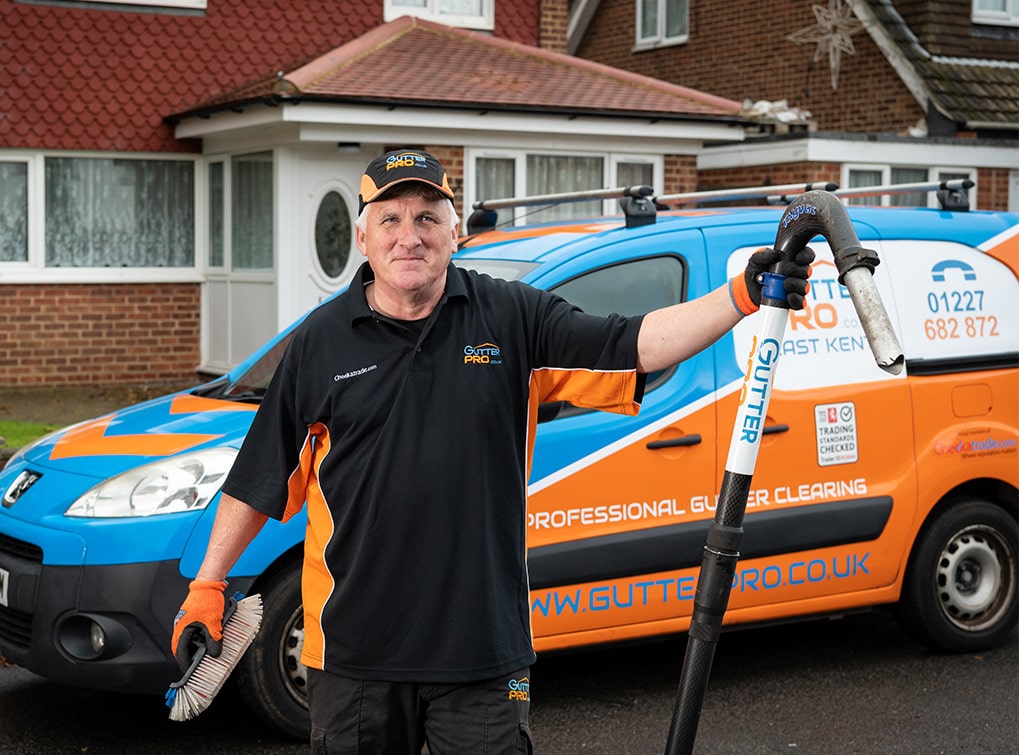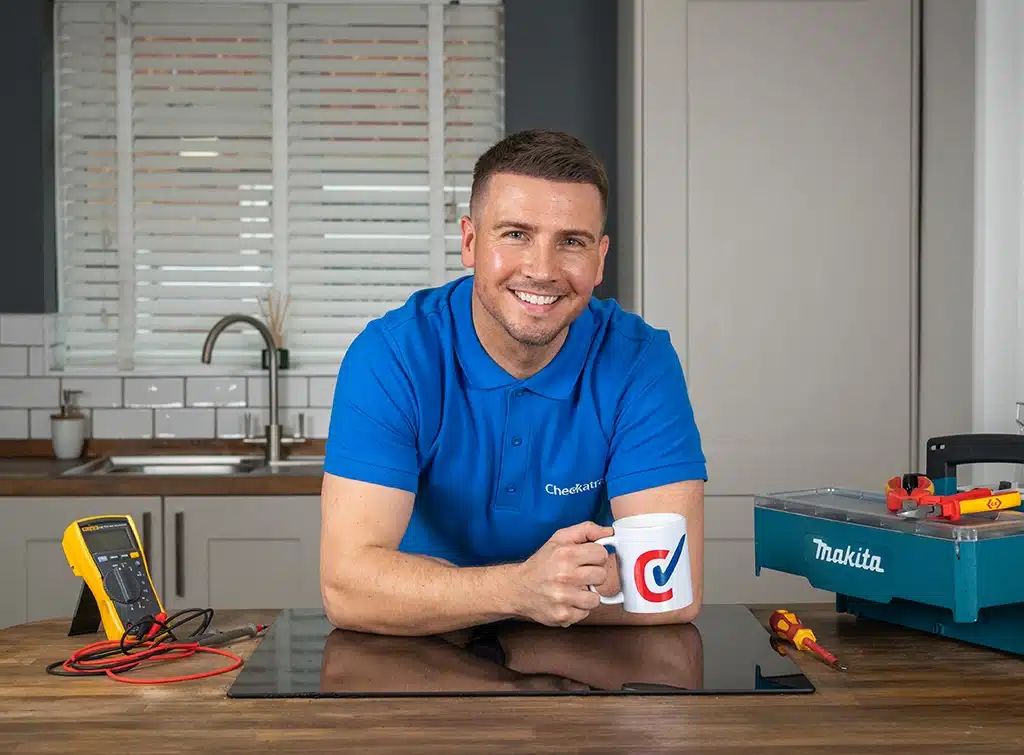Blog>Trade>Day 1 - Take the first step to going self-employed
Last updated: 10 November 2022
Day 1 - Take the first step to going self-employed
Day 1 of 7 to becoming the boss - take your first step to being your own boss by registering your business. No need to be nervous; it's easier than you think.

Taking the leap into self-employment isn’t a decision to take lightly... but you haven't made this decision lightly, have you? You've been toying with the idea for some time.
Let's make it happen for you!
https://www.youtube.com/watch?v=eZccwj8L0lw
When it’s time to take credit for your own hard work
You know your worth and what you bring to the table.
You’ve got the certificates and testimonials to back up your credentials, and now you’re considering going out on your own. Maybe you already have?
Step 1 is to get your business set up and registered
There is one main job for day 1:
Go to HMRC and register your new business
Pop onto the gov.uk sole trader site to register yourself as self-employed.
This lets the government know you’re going to submit your own yearly tax returns on any earnings over £1k.
It's pretty quick and painless.
We can’t let day 1 be that easy though...
We’ll leave you with these other things to think about. They won't be a huge surprise to you, you've probably already thought about each of these:
Think about your money
For any trade business, there will need to be that initial investment. Tools, van, insurance, workwear; all that jazz.
Then you'll need to think about how you'll manage your money. The last thing you want to do is scour your bank accounts to work out what you’ve earned, from who, and for what.
Keep a monthly budget of earnings and outgoings to make your life easier at the end of each financial year. There are finance apps that can help you with this.
Work out if you need to register for VAT
This is an easy one:
Your total VAT taxable turnover for the last 12 months was over £85,000 (the VAT threshold)
You expect your turnover to go over £85,000 in the next 30 days
If you don’t expect to have revenue in excess of £85,000 you can still register for VAT anyway. Further guidance and rules can be found here: Register for VAT
Look into business bank accounts and open one
Keeping your personal and business expenses separate makes submitting your tax return at the end of the year easier.
If you’re thinking about hiring an accountant, then it’s best they don’t see the amount of Deliveroo’s you’ve ordered or the number of gym memberships you’ve cancelled…
Want to know more about what it means to be a sole trader?
This is a useful read to get you clued up:
How to register as a self-employed trade
What is a sole trader? A sole trader is someone who is self-employed and runs their own business. When you become a sole trader, you're responsible for managing your business's finances and you’re in charge of paying yourself. You'll keep all profits after tax and be responsible for any losses made
Disclaimer: This article is for financial information and education purposes only. It is not financial advice. It is not a recommendation. Always do your own research and seek independent advice where required. Read the full disclaimer here.



